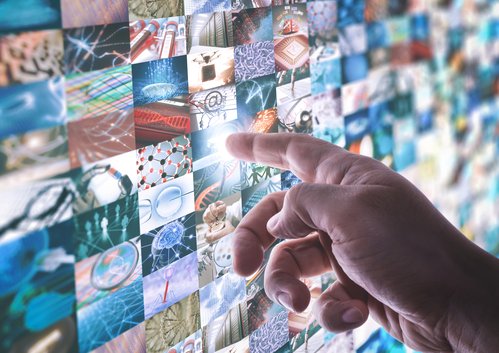
Legal disputes are sparked by the growing popularity of generative artificial intelligence (AI), especially when it comes to the use of copyrighted material by AI models during training. At the core of this escalating dispute are technology companies pushing the limits of artificial intelligence development and intellectual property owners defending their rights. Courts are currently confronted with pressing issues: Does AI training on copyrighted content violate intellectual property rights? Can businesses use fair use as a defense?
Copyright Infringement Claims in Generative AI
Generative AI models, especially large language models (LLMs), learn from massive datasets, many of which contain copyrighted works, to produce content such as text, images, and audio. In recent cases, plaintiffs claim that when businesses use protected content without authorization, they are directly violating copyright. Additionally, they contend that AI outputs violate their intellectual property even more if they are exact replicas or derivatives of original works.
The article The Apple Watch Saga: Lessons in Intellectual Property Strategyis a compelling example of an intellectual property case that offers valuable insights for businesses.
Defendants’ attempts to have these claims dismissed early have generally been denied by the courts. The fair use defense will be the ultimate legal test, even though procedural issues still exist.
Allegations of Contributory Infringement
Plaintiffs also accuse AI developers of contributory infringement. They argue that tech companies knowingly built platforms that allow users to create unauthorized copies or derivatives of copyrighted content. Courts have shown support for these arguments.
DMCA and Copyright Management Information
An additional layer of IP protection is introduced by the Digital Millennium Copyright Act (DMCA). Plaintiffs allege that when AI companies compiled training data, they eliminated copyright management information (CMI), including author names and copyright notices. In The Intercept Media v. OpenAI, one court accepted similar claims, holding that removing CMI knowingly facilitated downstream infringement, while another court rejected a DMCA claim against OpenAI on the grounds of lack of specific harm.
The results of courts pushing the boundaries of intellectual property law in the generative AI era will change how creators safeguard their work and how developers train AI. The future relationship between innovation and intellectual property ownership will be determined by this legal frontier.




